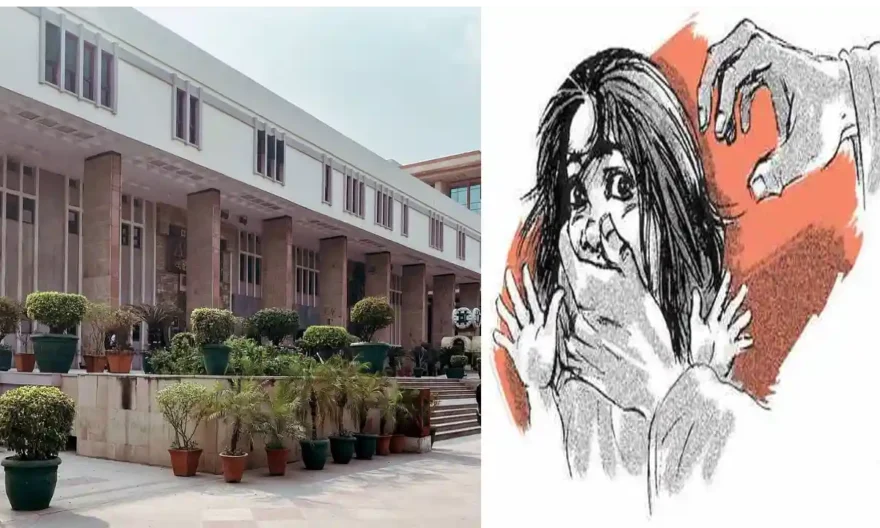
The Delhi High Court recently stated that it is the duty of every court to conduct trials in sexual assault cases with not only a sensitive heart, but also an alert mind.
While setting aside a trial court judgment convicting a man for rape, kidnapping and other offences, a single bench of Justice Swarana Kanta Sharma noted that the evidence presented by the prosecution was insufficient to prove his guilt.
“It is also the duty of every Court to not only have a heart which is sensitive but also a mind which is alert while recording and conducting trial, especially in sexual assault cases, so that the trial is not diverted to a direction which is totally unconnected, uncalled for and causes further trauma or humiliation or brings into public domain, the internal agony and trauma that a child might have discussed or shared with someone she had thought will keep to himself i.e., the counselor,” the order reads.
The bench was hearing a petition filed by the appellant’s wife, who died in 2021. The trial court had based the conviction of the appellant on the ground that the prosecutrix made almost consistent statements regarding her kidnapping by the accused persons.
Before parting with the case, the Court was constrained to take note of certain ‘disturbing’ issues which were apparent from the record produced before it.
The bench initially expressed strong displeasure that the counselor, who was called to counsel the 12-year-old sexual assault victim immediately after the incident, was not only allowed to be examined as a defence witness. The confidential report on the conversation between the counselor and the victim child, on the other hand, was made public through an application filed by the accused for leading defense evidence.
The Court noted that the investigating authority in the current case had failed to refer the prosecutrix to the Child Welfare Committee and had failed to disclose under what provision the counselor was summoned to counsel the entire family and then the prosecutrix. The trial court also failed to record anything on this issue, according to the Court.
The trial court had based its conviction on the prosecutrix’s consistent statements about her kidnapping. Furthermore, it was discovered that no Test Identification Parade of the alleged kidnappers was required because they were arrested in the presence of the prosecutrix and her statement was duly corroborated by circumstantial, forensic, and medical evidence.
The High Court did note, however, that the prosecutrix had made several contradictory statements about how the sexual assault was committed on her. As a result, the trial court verdict was set aside and the appeal was dismissed.




